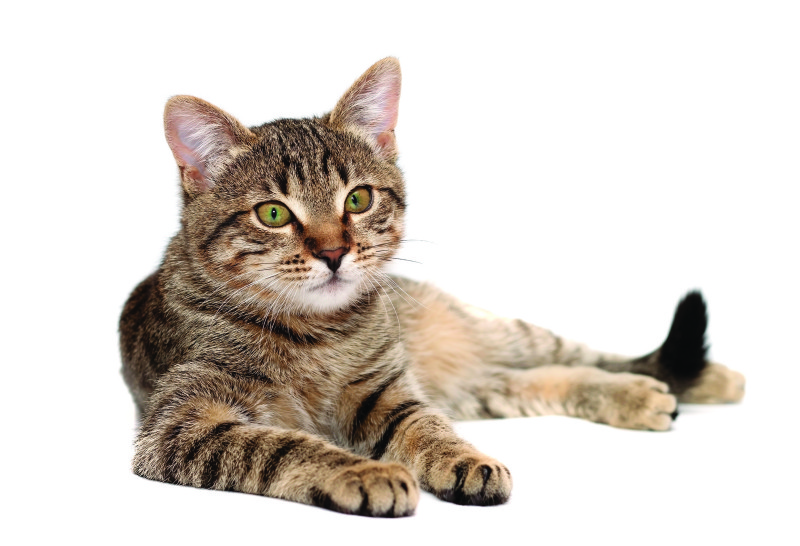With the season of mists and mellow fruitfulness now upon us, heralding all the snug delights of darker autumn nights, the impromptu fireworks ‘do’ is top of many party lists. Private pyrotechnics are a popular way to add sparkle to any seasonal gathering, but they are also the bane of many pets and their owners.
If you have a puppy or a kitten and this will be your first winter together, be warned, fireworks season begins soon and goes on for a very long time, well beyond New Year; early preparation is a must.
Top of the list has to be the good will of your neighbours. Let them know you have a dog or cat and ask them to tell you when garden fireworks are on the cards. We can all prepare for organised events, but it is those sudden bangs and swooshes from the garden a few doors down, that can cause most damage.
Not all pets are scared of fireworks, some seem to get used to them. However, where young animals are concerned it is best to assume the worst and stay safe. Very old animals can also get a sudden fright, the result of failing senses, where once familiar sights and sounds suddenly become unfamiliar and scary. Again, don’t take any chances. Keep your elderly pet safe with these simple tips.
- Ensure dogs and cats are shut in the house before dusk. Feed early and get pets out early to urinate and defecate.
- Cat flaps should be locked. Cats may need a litter tray to see them through the night.
- Do not walk your dog when there are fireworks about. Make the morning walk the big one of the day and aim to provide indoor entertainment in the evening.
- Unless they are clearly terrified, playing with your pet, whether cat or dog, is a great way to build positive associations with firework sounds.
- Make the games rambunctious, play tuggy with the dog, get the cat to chase a toy on a string. Running around counters anxiety.
- Aim to block out disturbing visual stimuli, like flashing lights. Close curtains and blinds. Turn the house lights up bright.
- Create a sound wall by turning up radios and TV’s, loud. Break out the weekly wash. Washing machines are a great way to block noise from outside.
- Be calm but upbeat. Do not actively reassure your pet or keep checking in with glances- this communicates to your pet that you are worried and seeking reassurance!
- If your pet is anxious he can be allowed to lie beside you, so long as you are not actively encouraging this.
- It is a good idea to create a covered, dark den at the core of the house, where your pet can hide if they want. Owners that have crate trained their dog or pup will be ahead of the game. Deep, cardboard boxes are also great. Deaden firework noise by covering the den with a heavy blanket. Get your pet used to the den now. Fill it with treats and toys, to make it a desirable, safe space.
- Use products like Feliway, Adaptil and Pet Remedy sprays to calm pets on the night.
- If your pet is already highly anxious around fireworks and other loud noises, seek specialist help. Your vet together with a qualified behaviourist can advise on treatment and a range of sedating and anti-anxiety drugs to be used on the night.
- Everyone should consider using one of a number of desensitising sound CD’s. Many pets can be taught over time that firework sounds are non-threatening. Don’t delay, start preparing now.
Leonie St Clair
This article first appeared in the October 2015 issue of SE22 magazine.


